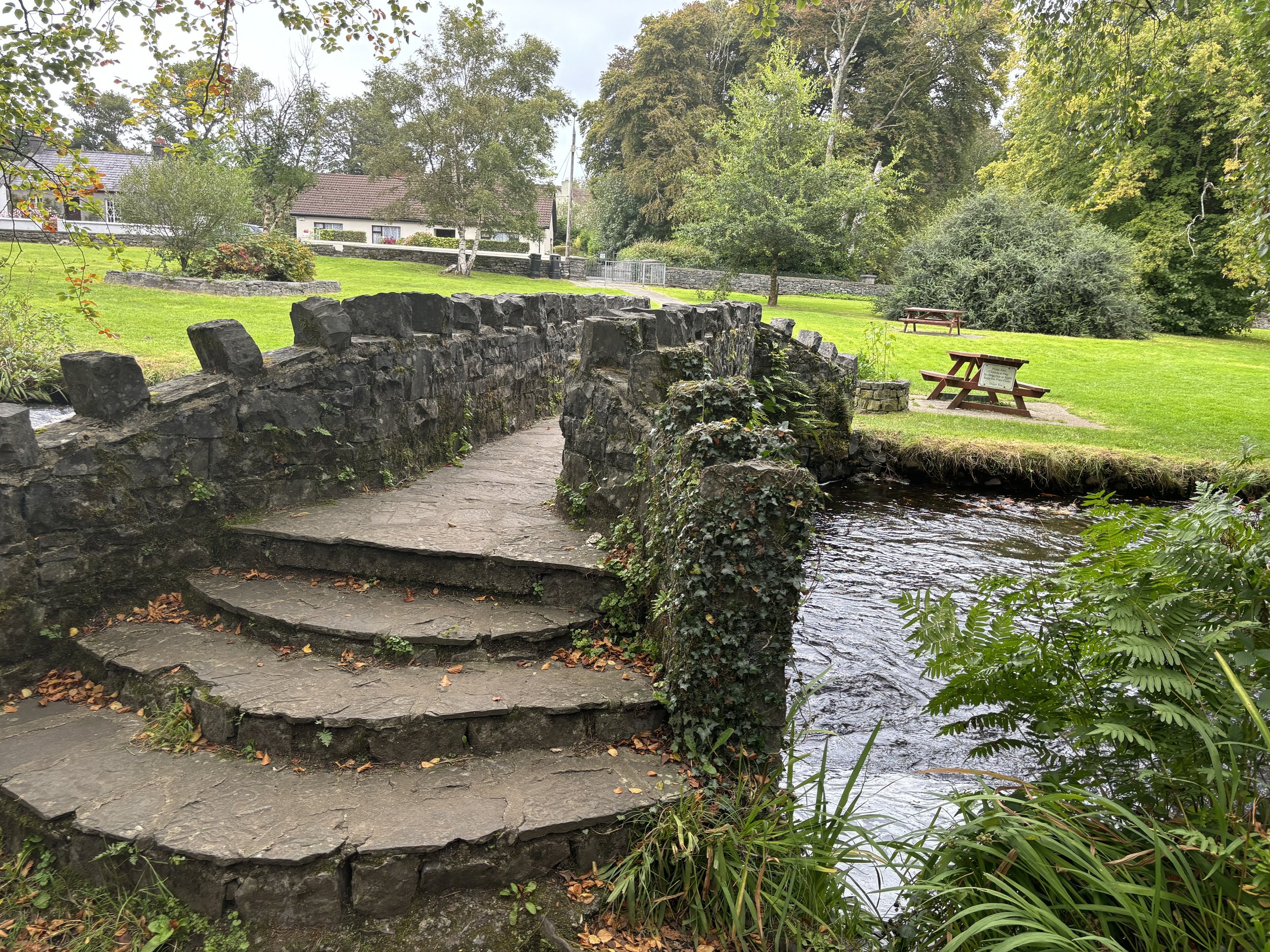
Couples Counselling
Offered in Person and Virtually
Improving Relationships Using Gottman’s Therapy
Relationships require effort, understanding, and effective communication to thrive. Dr. John Gottman’s approach to relationship counseling, grounded in over four decades of research, offers practical tools for improving communication, managing conflict, and enhancing emotional connection. His therapy focuses on fostering mutual respect, empathy, and understanding to help couples build stronger, healthier relationships. This article highlights the key concepts of Gottman’s therapy and how they can be applied to improve relationships.
1. Building Love Maps
Gottman’s concept of Love Maps refers to the mental map individuals create of their partner’s world—knowing their thoughts, feelings, dreams, fears, and preferences. The more partners understand each other’s inner world, the deeper the emotional connection.
Application Tip: Engage in regular, meaningful conversations about each other’s lives—goals, experiences, and emotions. This strengthens understanding and intimacy over time.
2. Nurturing Fondness and Admiration
Fondness and admiration are critical to long-term relationship satisfaction. Gottman’s research shows that couples who regularly express appreciation for each other are more likely to stay happy together. These positive interactions create a buffer against negativity.
Application Tip: Make a habit of expressing gratitude and admiration for your partner—whether through compliments, kind words, or small gestures of affection.
3. Turning Towards Each Other
“Turning towards” refers to responding to your partner’s bids for emotional connection. This can include sharing concerns, seeking attention, or asking for support. Turning towards your partner validates their emotions and fosters closeness, while turning away or against them can lead to disconnection.
Application Tip: Be mindful of your partner’s emotional bids, even during busy times. Engage, validate, and provide support when they reach out for connection.
4. Managing Conflict Constructively
Conflict is inevitable in relationships, but how it’s managed determines the outcome. Gottman identifies the “Four Horsemen of the Apocalypse” as negative communication patterns that predict relationship breakdown:
Criticism: Attacking your partner’s character rather than addressing specific behaviours.
Contempt: Expressing superiority through sarcasm, mockery, or insults.
Defensiveness: Responding to criticism with excuses or blame.
Stonewalling: Withdrawing emotionally or shutting down during conflict.
To improve conflict management, it’s essential to replace these behaviours with healthier communication strategies.
Application Tip: During disagreements, use “I” statements to express feelings, avoid sarcasm or mockery, and actively listen to your partner. If needed, take breaks to cool down and prevent stonewalling.
5. Creating Shared Meaning
Shared meaning involves creating common goals, values, and experiences in a relationship. Successful couples often have shared rituals, traditions, and life aspirations that unite them. These shared practices contribute to a deeper sense of purpose and connection.
Application Tip: Develop meaningful rituals—whether it’s celebrating small milestones or enjoying regular date nights. These practices help foster a sense of togetherness and belonging.
6. Repair Attempts
Repair attempts are efforts to de-escalate tension and reconnect after a conflict. Successful couples use these attempts—such as humor, kind words, or physical affection—to restore emotional closeness, even if the issue isn’t fully resolved.
Application Tip: After a disagreement, make a conscious effort to repair the emotional distance by offering a kind gesture, apologizing, or using humour to lighten the mood. This helps restore the connection.
7. Emotional Regulation
Emotional regulation is crucial for managing difficult situations in relationships. Couples who can regulate their emotions and communicate calmly during high-stress moments are better equipped to resolve conflicts and support each other.
Application Tip: When emotions run high, take a break to practice deep breathing or mindfulness before re-engaging in the conversation. This helps maintain emotional balance and prevent escalation.
8. Building a Culture of Appreciation
A culture of appreciation involves regularly reinforcing positive behaviors, showing gratitude, and celebrating successes in the relationship. It helps create an environment where positivity outweighs negativity, leading to stronger bonds over time.
Application Tip: Keep a gratitude journal where both partners write down things they appreciate about each other. Share these notes at the end of the week to reinforce positive feelings.
Conclusion
Improving relationships through Gottman’s therapy involves creating emotional closeness, managing conflict constructively, and fostering a positive communication environment. Key concepts such as Love Maps, fondness and admiration, turning towards, and repair attempts can significantly enhance connection and prevent relationship breakdowns. By implementing these practical tools and being intentional about understanding each other’s needs and emotions, couples can build lasting, healthy relationships. Whether in romantic partnerships or other close relationships, Gottman’s evidence-based strategies offer a roadmap to deeper connection and enduring love.
